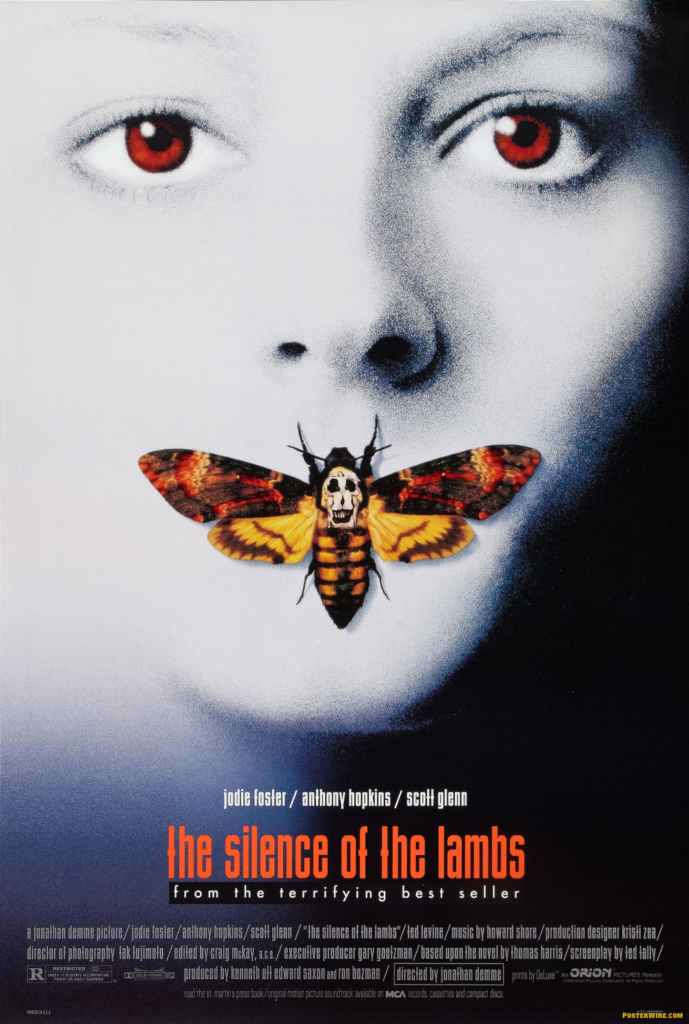David Bowie, who as a singer, arranger, songwriter, producer, actor and painter, influenced countless artists for more than four decades, died yesterday, January 10, two days after his birthday. He was 69.
Born David Robert Jones on January 8, 1947 in South London, Bowie always had a fascination with music and spent his earliest years hoping to achieve fame. At age 15 he joined a band called the Konrads, but left them soon to join the King Bees. His first single, titled “Liza Jane,” was released as being recorded by Davie Jones and the King Bees. It was not a hit. He later left the group and joined two other bands, Mannish Boys and Lower Third.
In 1966, to avoid being confused with Monkee’s singer Davy Jones, he changed his name to David Bowie, taking his last name from the great American 19th century pioneer Jim Bowie, who died during the battle of the Alamo. Jim Bowie pronounced his last name “Boo-ee” but David went with the harder pronunciation. In 1969 a friend and he put together a promotional film, which included snippets from many of his songs, including “Space Oddity,” which would eventually hit the top 5 in England. The film was not released until 1984.
On May 30, 1971, Bowie and his wife, Angie, welcomed a son into the world, Duncan Zowie Haywood Jones, who for the first 12 years of his life, was known as Zowie Bowie! Today Duncan is a highly respected filmmaker (“Moon”). In 1972 Bowie radically changed his image, becoming a “space man” and releasing the album “The Rise and Fall of Ziggy Stardust and the Spiders from Mars.” That same year, singer Ian Hunter told Bowie that he needed one more song for his groups, Mott the Hoople, upcoming album. Legend has it that Bowie sat down on the floor and, in twenty minutes, penned “All the Young Dudes.”
In 1974 he released the album “Diamond Dogs,” which produced two hit singles: the title track and “Rebel, Rebel.” The next year he exploded onto the charts, releasing the album “Young Americans.” The first single from the album, “FAME,” a song he co-wrote with John Lennon, hit number one on the US Charts. Lennon also sang back up on the song. Two other singles, “Golden Years” and the title tune, also charted well. To capitalize on the success, “Space Oddity” was reissued in England and went to number one on the British charts. In 1976 he released the album “Station to Station.” He also left Ziggy Stardust behind and adapted a new persona, taken from the first song on the new album: The Thin White Duke. He also starred opposite Candy Clark in the film, “The Man Who Fell to Earth.”
As the 70’s ended, he moved to Germany, where he did a trio of albums that he would refer to as his “triptych,” : “Low,” “Heroes” and “Lodger.” In 1980 he spent three months on Broadway in the title role of “The Elephant Man,” earning great reviews. The following year he teamed up with Queen to produced the hit song, “Under Pressure.” In 1983 he reached the pinnacle of his success with the release of the album “Let’s Dance,” which produced the hits “Modern Love,” “China Girl” and the title song. He also continued his film career, appearing in 1983’s “The Hunger” and “Merry Christmas, Mr. Lawrence.” Other film roles include the Goblin King in “Labyrinth,” Pontius Pilate in “The Last Temptation of Christ” and inventor Nicoli Tesla in “The Prestige.”
The next three decades were ones of experimentation. In 1989 he formed the group Tin Machine. Following that he began mixing electronic and classical music.
In 2001, he opened The Concert for New York, a benefit for the victims of the 9/11 tragedy, by performing Simon and Garfunkle’s “America” and his song, “Heroes.” He was inducted into the Rock and Roll Hall of Fame in 1996 and in 2006 received a Lifetime Grammy Award.
On January 8, 2016, his 69th birthday, he released his latest album, “Blackstar,” which is already being mentioned as a nominee for the best album of the year.

